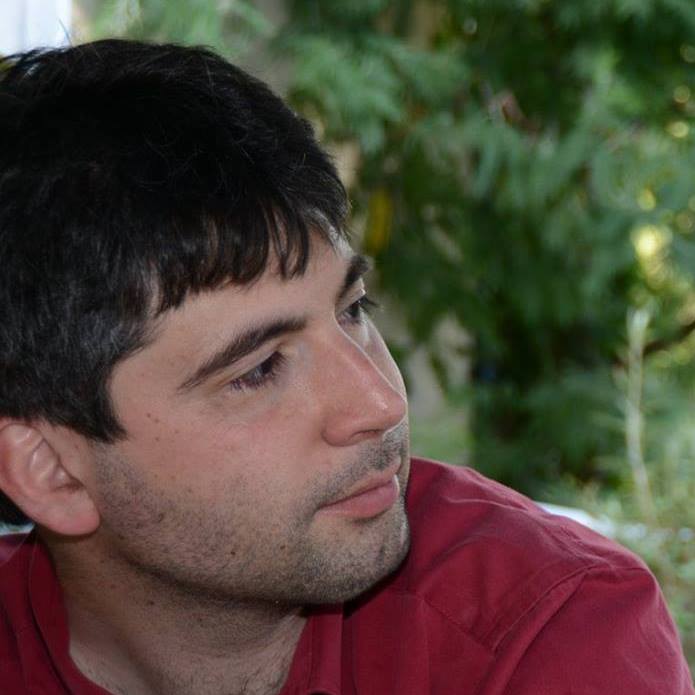About
Francis Kayali is a French American classical music composer living in New England. His instrumental music has been performed by the Charleston Symphony Orchestra, the North/South Consonance Chamber Orchestra, the Boston Modern Orchestra Project (BMOP), ETHEL, the What's Next? Ensemble, the West Point Woodwind Quintet, the Portland Piano Trio, the Parhelion Trio, and the Bateira Trio. His choral music has been sung by C3LA and KC VITAs.
His music appears on CDs by pianist Martin Jones and flutist Rebecca Jeffreys. Jeffreys's recordings of Kayali's Intermezzo and Bagatelle have been broadcast on radio stations throughout the Americas and Europe.
Kayali's process/fixed media piece Téléphone arable was selected by Taukay Edizioni Musicali for their 2020 "Il suono delle lingue" CD and his "Voyage of the Back Cove Fleet" was performed by 8 pianists in different rooms at the Elliott Schwartz Memorial Practice Room Project (2020).
His Trio for Clarinet, Violin and Piano was performed at the 2008 ACA Festival of American Music at Symphony Space in New York City. In 2014, Masks, for flute, viola, and contrabass, was performed by the Bateira Trio at Carnegie Hall. During the 2017-18 season, Kayali was composer-in-residence with the Karger College Prep Division at the Portland Conservatory.
Kayali studied composition with Elliott Schwartz and Robert Greenlee at Bowdoin College, then with Perry Goldstein and Peter Winkler at SUNY Stony Brook. In 2009, Kayali earned a Doctor of Musical Arts degree in composition from the University of Southern California's Thornton School of Music, where he studied with Frank Ticheli, Tamar Diesendruck, and Donald Crockett.
